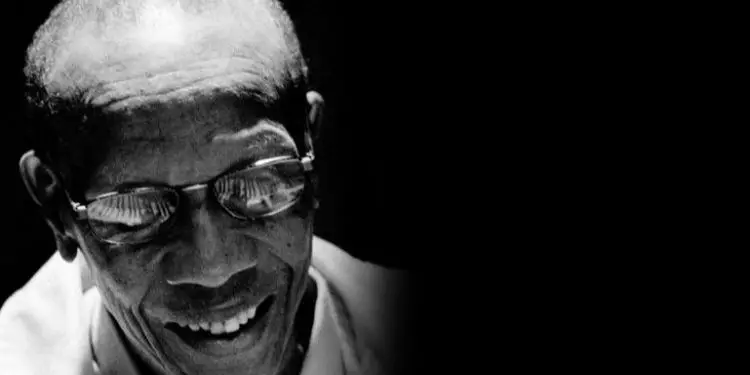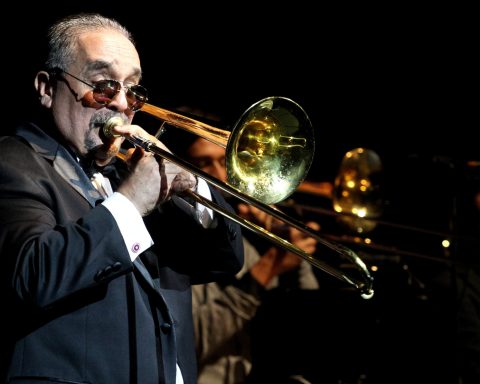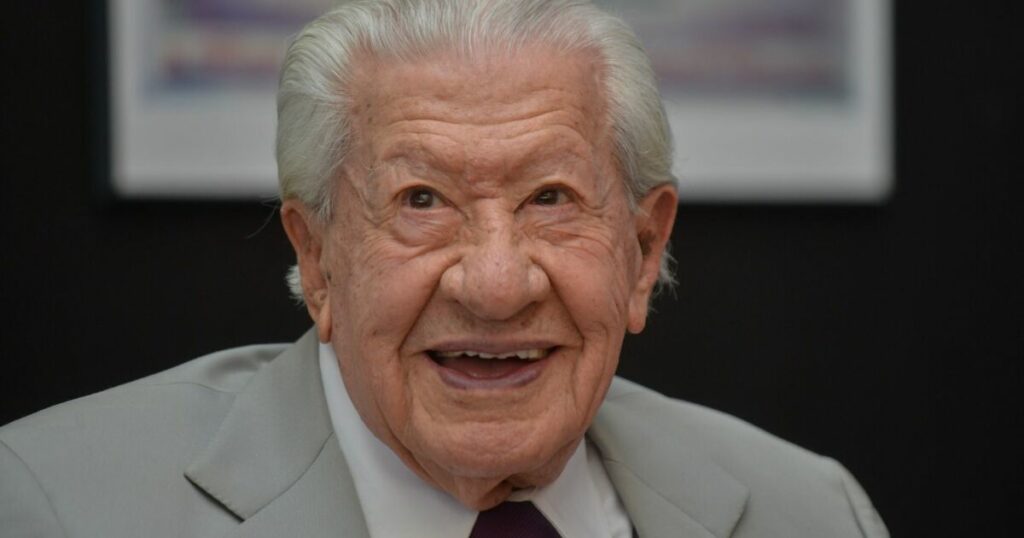MIAMI, United States. – Bebo Valdés is one of the most outstanding musicians in the history of Cuban and Latin music. Throughout his career, Valdés was recognized as one of the greatest jazz and popular music pianists and composers, with a discography spanning more than six decades.
Valdés was born in Quivicán, Cuba, in 1918. He began playing the piano at the age of five and has had an impressive career ever since. He was a pianist and arranger for the Armando Romeu jazz orchestra in Havana in the 1940s, and in 1952 he became musical director of the famous Tropicana club. In 1960, after the triumph of the Cuban Revolution, Valdés emigrated to Mexico and, later, to the United States, where he settled in New York and collaborated with the greatest jazz musicians of the time.
Valdés returned to Cuba in 1994 and began working with his son, also a pianist. chucho valdes in the project “Bebo and Chucho Valdés, together forever”. The collaboration was a huge success and led both musicians to undertake several world tours and record several critically acclaimed albums.
Bebo Valdés was always a critic of the Cuban regime. In the 1950s and 1960s, he worked with various musicians and artists who opposed the government of Fidel Castro. His decision to emigrate to Mexico in 1960 was motivated in part by his discontent with the cultural policies of the Castro dictatorship.
However, Valdés returned to the Island in 1994 and worked with the Cuban Institute of Music in the creation of the project “Bebo and Chucho Valdés, together forever”. After the world tour that he carried out with his son in 2005, Valdés decided that he wanted to retire from music and live in peace with his family.
Despite his strong criticism of Castroism, the Cuban regime has not been able to erase Bebo Valdés from the island’s musical history, as it has always tried to do with the artists who oppose him: Bebo continues to be one of the greatest musicians. of Cuban and Latin music. His legacy is an inspiration to musicians around the world, and his fight for freedom and cultural independence remains relevant today.

















